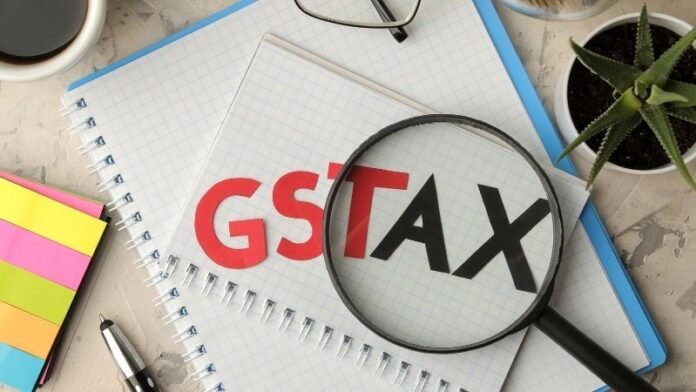Finance Minister Nirmala Sitharaman has announced sweeping changes to the Goods and Services Tax (GST) structure, with major tax cuts across hundreds of consumer items. The new rates, which take effect from September 22, are being billed as the biggest overhaul of the GST since its launch in 2017.
Major Changes
From September 22, India will move to two key GST rates of 5% and 18%, down from four. A new slab of 40% will apply to high-end luxury goods, while additional levies will be abolished. This effectively reduces the tax burden on mid-size and big cars.
Revenue and Inflation Impact
The Centre expects a revenue loss of about 480 billion rupees ($5.5 billion), which is significantly lower than economists’ estimates of 1 trillion to 1.8 trillion rupees.
According to Citi, the cuts could ease inflation by as much as 1.1 percentage points if benefits are fully passed on to consumers. India’s retail inflation rate had already dropped in July to its lowest in eight years.
Relief on Daily-Use Items
Everyday products such as packaged food, medicines, toothpaste, fruit, milk products, talcum powder, and shampoo will now attract only 5% GST, compared with 12–18% earlier.
Insurance buyers will also benefit, with life and health insurance products from companies such as LIC, SBI Life and ICICI Prudential now exempt from GST.
Boost to Festival Sales
Big-ticket consumer goods are also set to become cheaper. Taxes on cars, TVs, cement, air conditioners, ambulances, dishwashers, three-wheelers, and hybrid vehicles have been reduced, providing a boost to companies like Maruti Suzuki, Toyota, LG Electronics and Sony ahead of the upcoming festive season.
Luxury car buyers will also gain, with GST on premium vehicles cut to 40% from 50%, benefiting global brands like Mercedes-Benz, Audi and BMW. Electric vehicles retain their 5% GST rate, aiding Tata Motors and Mahindra & Mahindra.
Farmers to Gain
Taxes on fertilisers and tractors have been lowered, reducing input costs for farmers. This comes at a time when Prime Minister Narendra Modi has pledged to safeguard farmer interests following trade talks with the US.
Main Losers
Not all sectors stand to benefit. GST on apparel and accessories priced above 2,500 rupees has been raised from 12% to 18%, which may hit sales of global clothing brands like Marks & Spencer, Levi’s and Zara.
The tax on coal has also gone up sharply to 18% from 5%, while fizzy drinks from PepsiCo and Coca-Cola will continue to attract a steep 40% rate.



